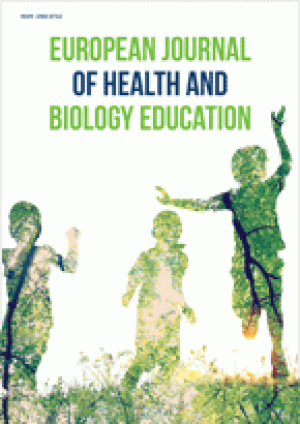Abstract
The complement system is a key component of the innate immune system, and acts as a unique connection between innate and adaptive immune responses. The multi-protein network of complement cascade plays an important role in both normal and pathologic conditions, and is an excellent example of protein activation and interaction, making it a vital study topic for various undergraduate biology disciplines. In this article, we describe a simple method using easily sourced, inexpensive materials to reliably simulate the results of a viral complement fixation test (CFT), to demonstrate the powerful complement cascade activation to undergraduate students in immunology course. The CFT workshop described in this article comprises of a disease’s diagnosis scenario (influenza virus infection), a virtual protocol, and a visual learning experience to witness the outcome of complement cascade activation via red blood cell lysis. The novelty of this exercise lies in its simplicity and cost-effectiveness in the set-up, while providing safe, engaging and effective learning without the use of potentially hazardous materials and special equipment. This workshop can be used to accompany any relevant lectures on the complement system, to enhance the students’ learning on this critical yet complex immunology concept.
License
This is an open access article distributed under the Creative Commons Attribution License which permits unrestricted use, distribution, and reproduction in any medium, provided the original work is properly cited.
Article Type: Research Article
European Journal of Health and Biology Education, Volume 8, Issue 1, June 2019, 19-30
https://doi.org/10.12973/ejhbe.8.1.19
Publication date: 15 Jun 2019
Article Views: 1408
Article Downloads: 1442
Open Access References How to cite this article
 Full Text (PDF)
Full Text (PDF)